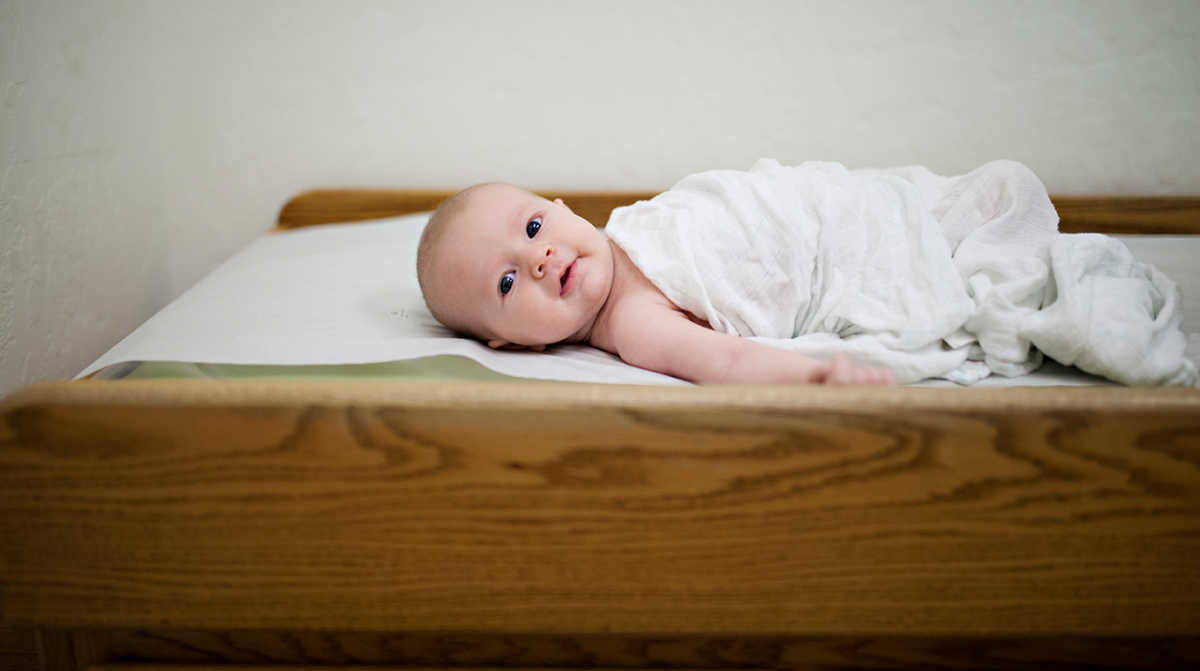
When it comes to our kids' health, we're often — understandably — looking for the best of everything. We all want the absolute best for our children in every aspect of their lives, but naturally, the best health care is the No. 1 concern. This means doing everything we can to ensure our kids go to a great pediatrician (for more on that subject, check out the secret to finding the 'right' pediatrician). But it should also mean doing everything we can to be prepped for our appointments and keep our kids healthy at home in between getting their checkups. However, that usually doesn't mean spending tons of money or doing some super ridiculous helicopter parenting — in fact, all of what pediatricians want us to know is that we should be doing a little less, not more.
Read on to find out more about what pediatricians want us to know, do, or avoid when it comes to our kids' health. A lot of it surprised us — and in the end, it's pretty compassionate and kind to parents and kids alike. There are a lot of ways to keep up our little ones' health before there's a pediatrician appointment, though. For instance, getting a kid to be active young can help them get into healthy habits — and enjoy an active lifestyle — from the get-go. Take a peek at ways to help your kid develop healthy exercise habits that can encourage kids to see fitness as fun from an early age. Or, help your toddler develop language skills, which may seem like it doesn't have to do with kids' health, but the truth is, developing language skills is a great way to help their mental development — pretty critical to overall health. And finally, with cold season coming up and allergy season, well, pretty much always around, check out Cold vs. Allergies in Kids: 12 Ways to Tell the Difference. It's a handy guide for moms who want to do a little bit of advance research before taking their kids in to see the doc.
Hand Washing Is Even Better Than Hand Sanitizers
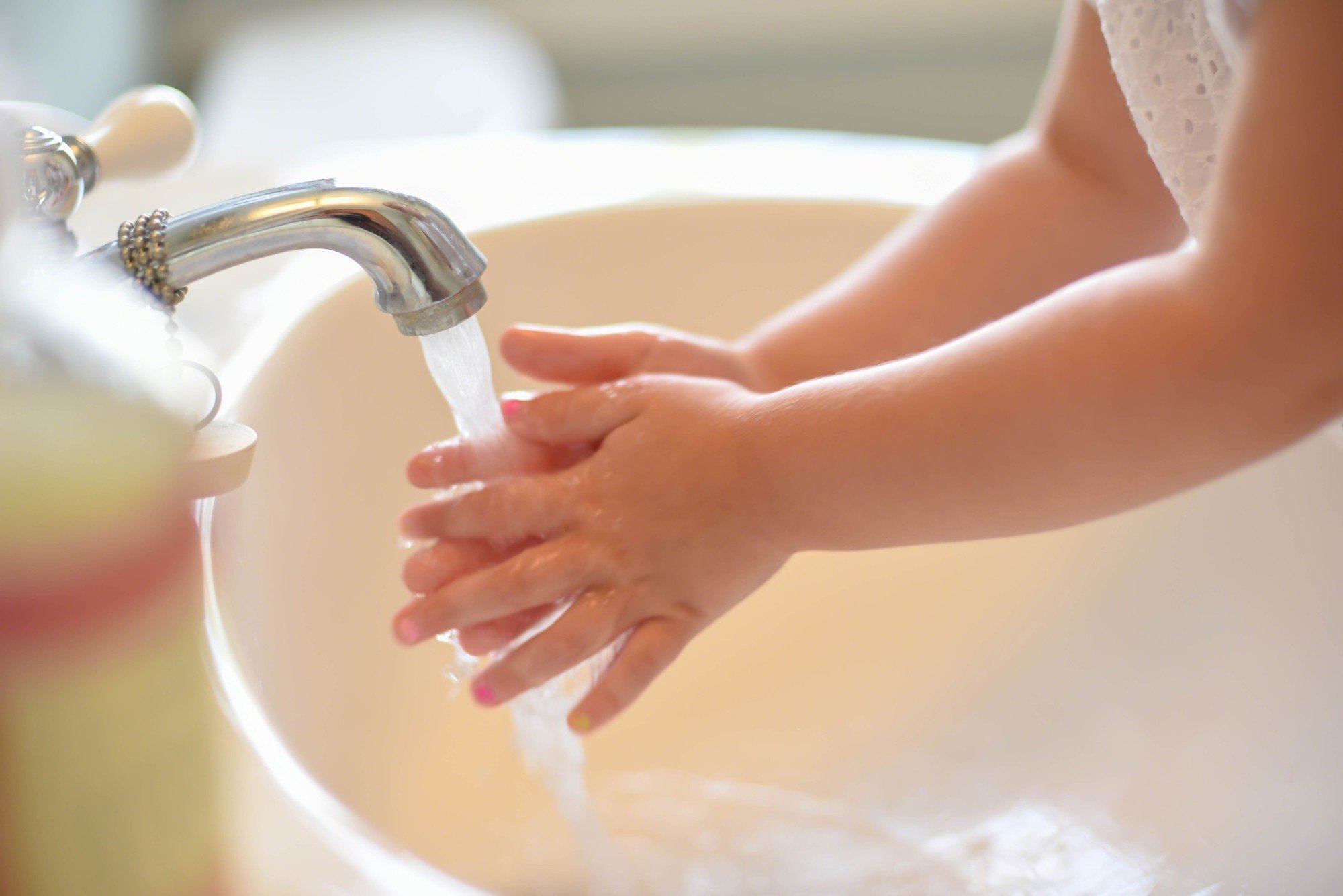
Soap and water are more effective than hand sanitizers at removing certain kinds of germs, which can help create strains of alcohol-resistant bacteria. This isn't just bad for us, it's bad for the world — and will render antibiotics less effective in the long run.
Breastfeeding Is Up to the Parent
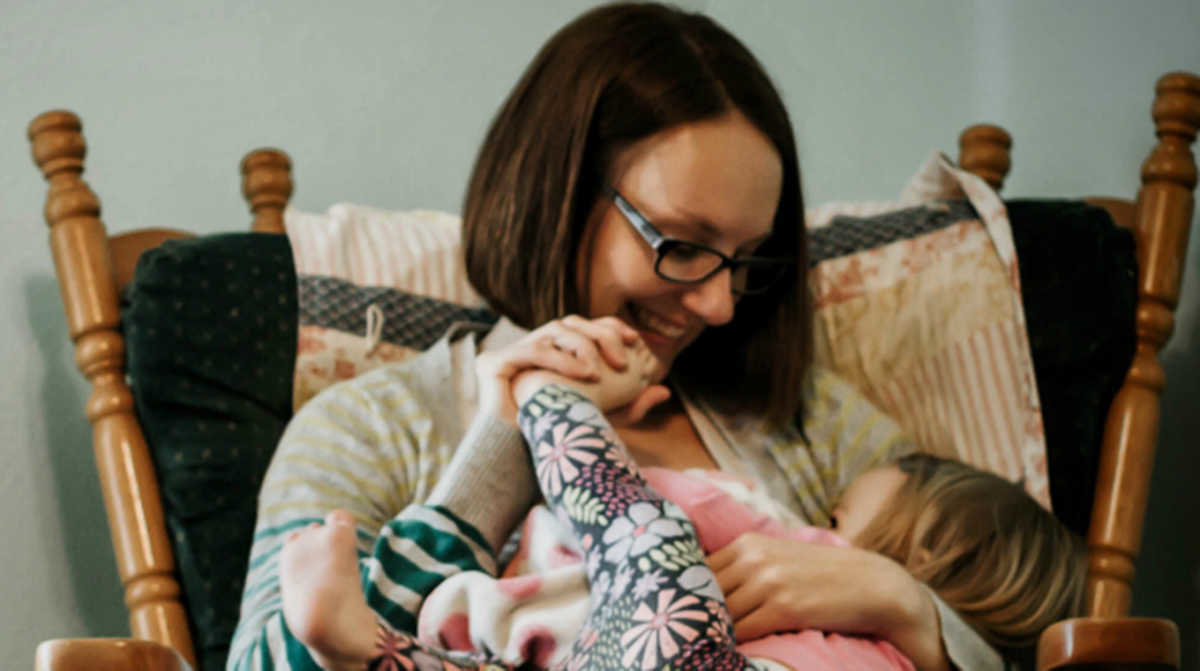
Whether and how long we choose to nurse our child is truly our decision. While breastfeeding has many benefits, infant formula is also a healthy option. Whether and how long we nurse is a woman's choice, and hers alone.
Cheap Diapers Are Fine
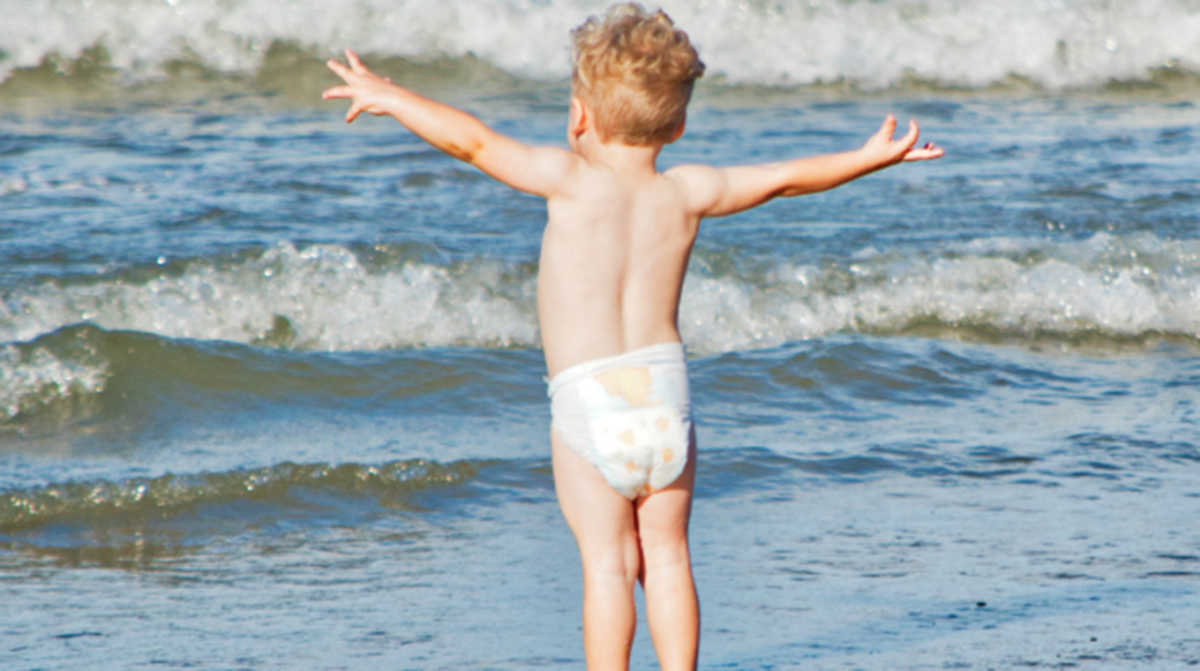
There is no diaper endorsed by the American Academy of Pediatrics. Just use the ones that work for us. Whether we end up going for disposable, washable, high-end, or cheap, a diaper is pretty much a diaper.
Don't Diagnose Online

While we can hardly help ourselves from googling symptoms online, avoid rabbit holes and self-diagnosing serious illnesses based on internet searches. Let pediatricians take a look, run tests, and take a first pass at figuring out what’s going on with our child.
Pacifiers Are Fine
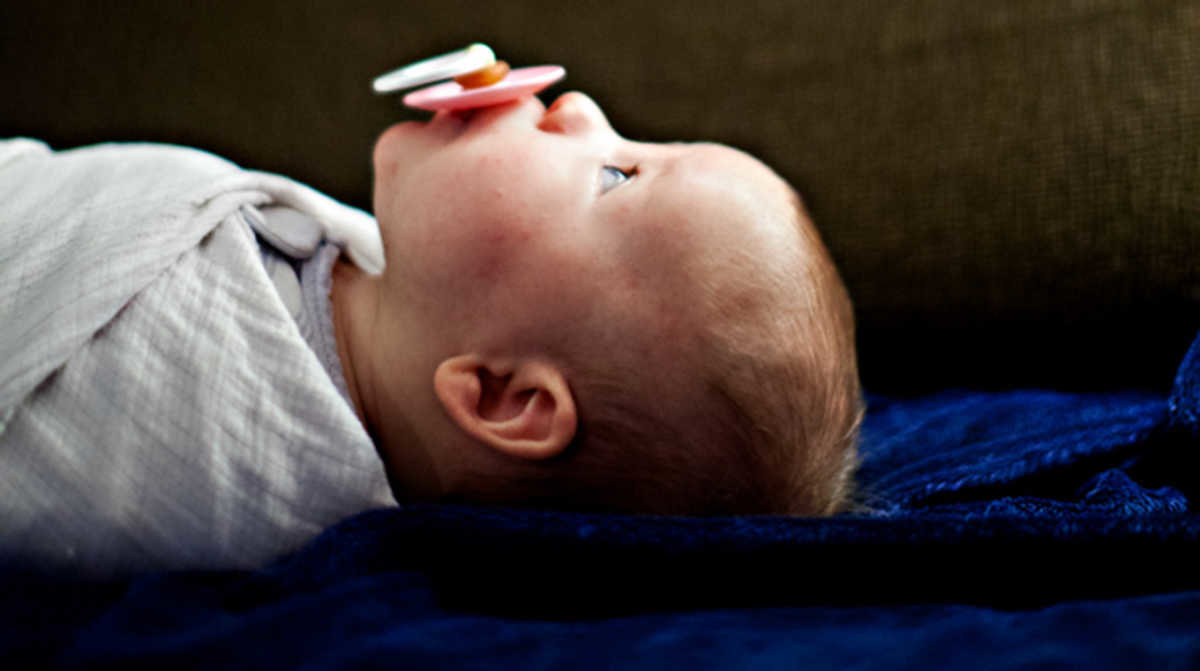
Sure, we’ll want to find ways to eventually wean our child from the pacifier, but starting out with this comforting tool is helpful for many infants (and their parents). Pediatricians aren’t ever opposed to soothing.
Don't Share Food
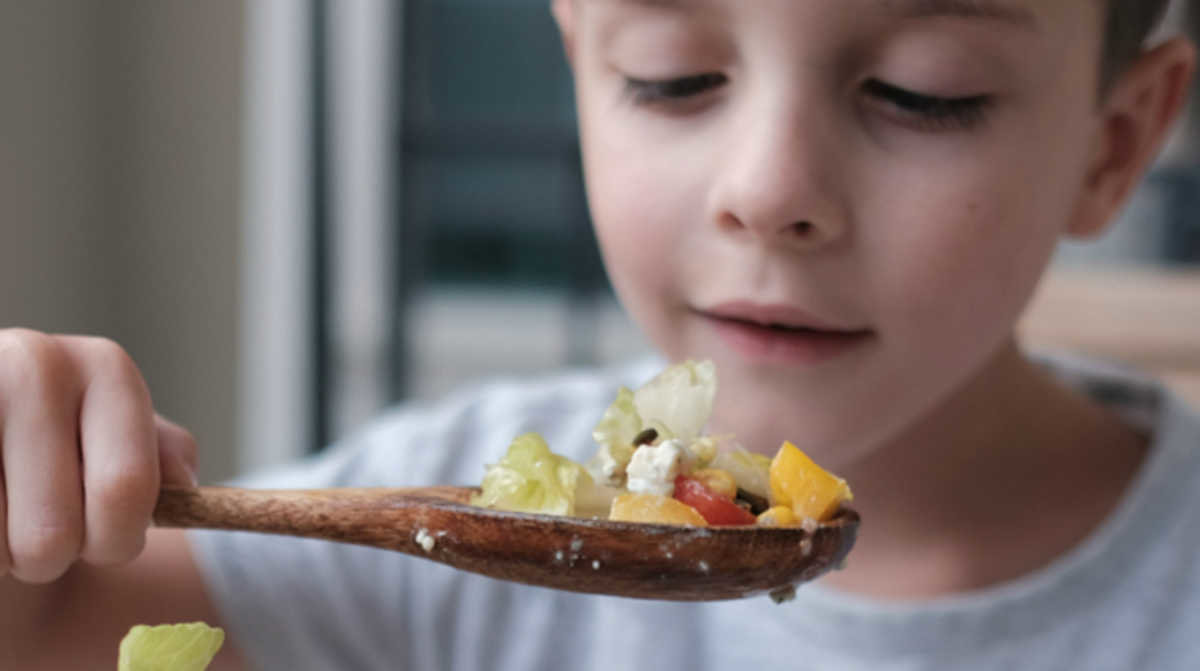
While the medical world recognizes the importance of not overly sanitizing the world children live and play in, sharing food and eating utensils exposes kids to viruses and germs unnecessarily. Especially during cold and flu season, teach kids (and remind caregivers) about the importance of using their own utensils, cups, and bottles.
Vaccines Are Safe
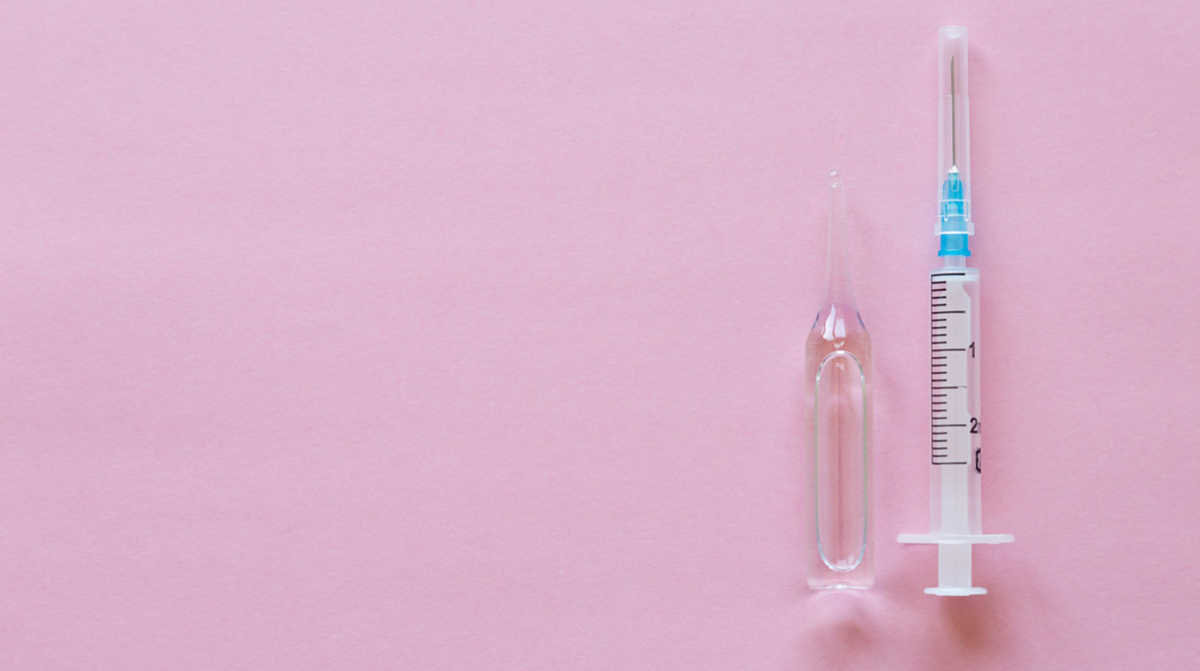
Vaccines are safe and do not cause autism. They save lives. They have stopped epidemics of preventable illnesses. For them to be effective, all healthy children need to carry the protection so that those who are immunocompromised (and, therefore, cannot receive protection) are not exposed to what could be fatal.
Appointments Are Tight
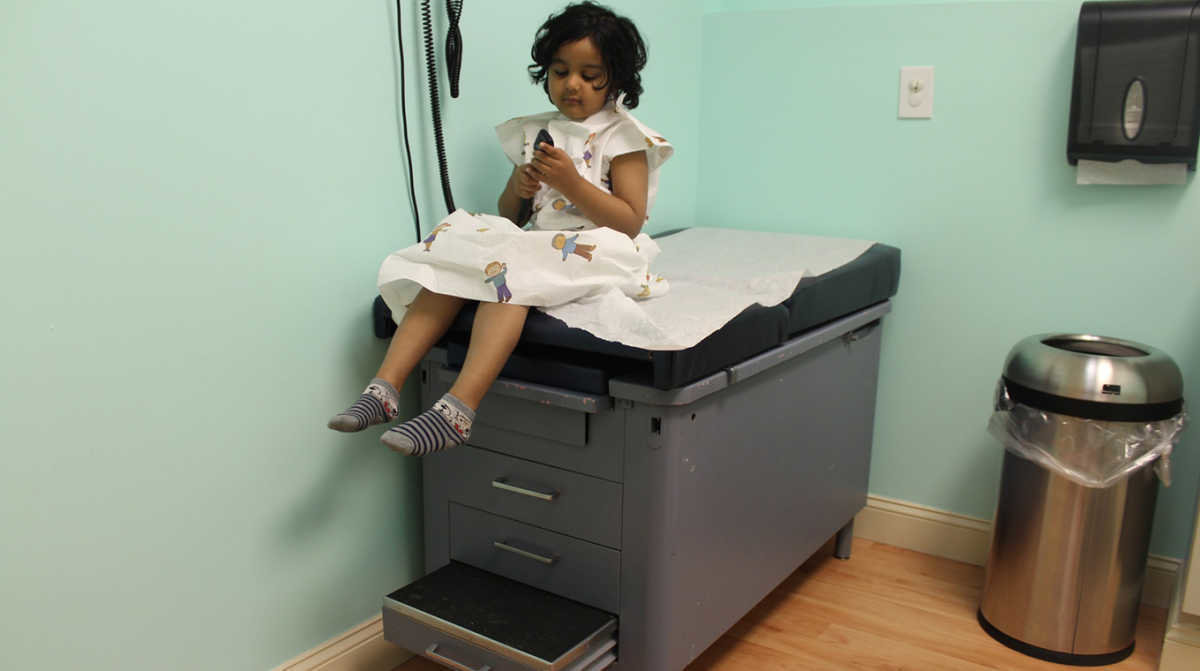
Pediatricians are on a tight schedule and cannot spend an open-ended amount of time with each patient. While they want to listen to our concerns and examine our child, they still need to stay on task. Before well-kid checkups, jotting down our questions can be helpful, as can noting a list of symptoms we're worried about. This helps the appointments stay focused and allows for maximum attention on our child.
One Child Per Appointment
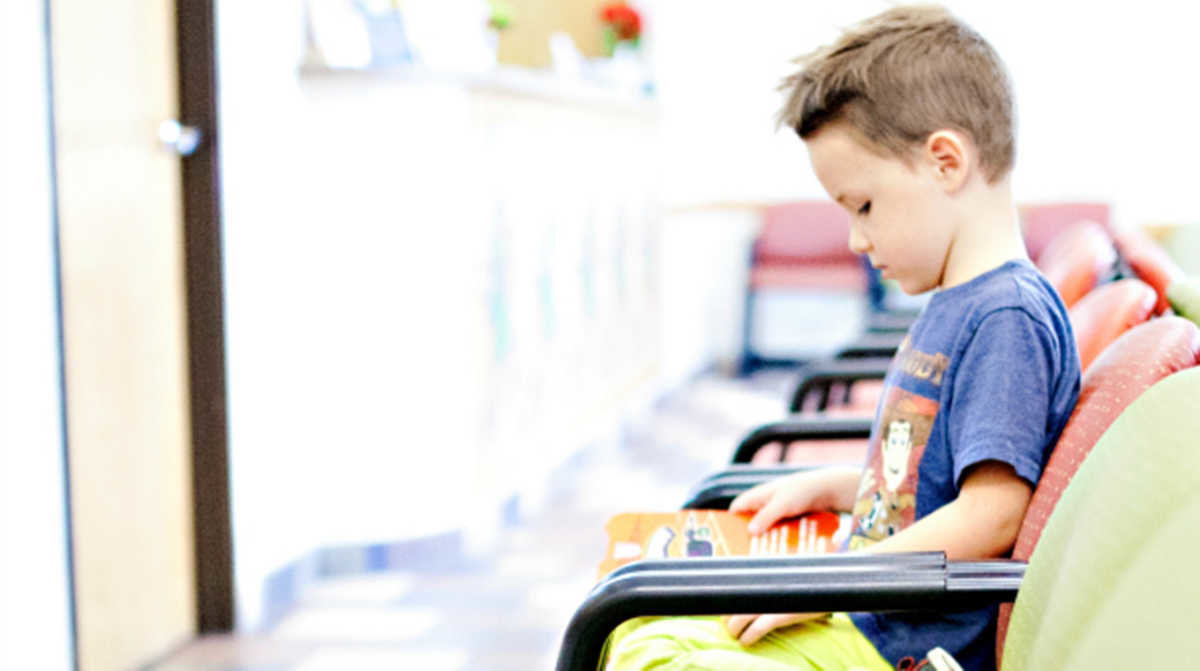
Unless someone has scheduled back-to-back appointments for two children, they shouldn't try to squeeze in questions or exams for more than one child at a time. Pediatricians also don’t want to be asked to diagnose a child outside of appointment times, like at a kid’s birthday party or at the park.
Treat Symptoms at Home
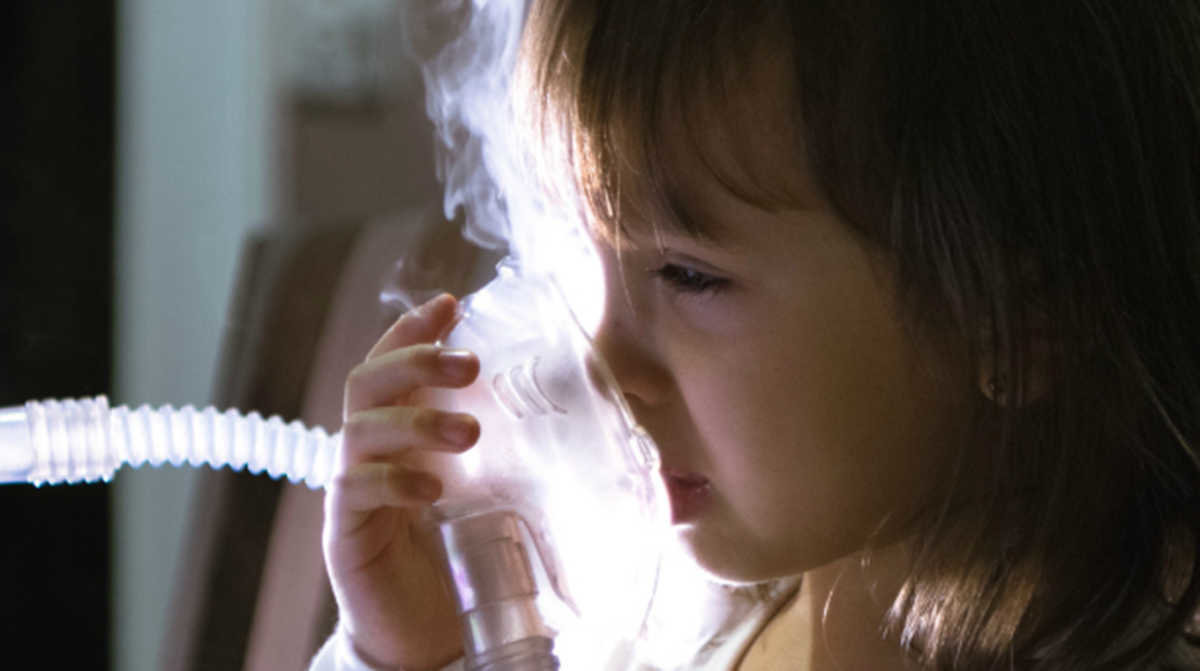
Don’t wait to see the doctor before treating symptoms like a fever, stomachache, or coughing. It's a good idea to note the symptoms and share them once the child does get in to see the doctor.
Talk to the Nurse
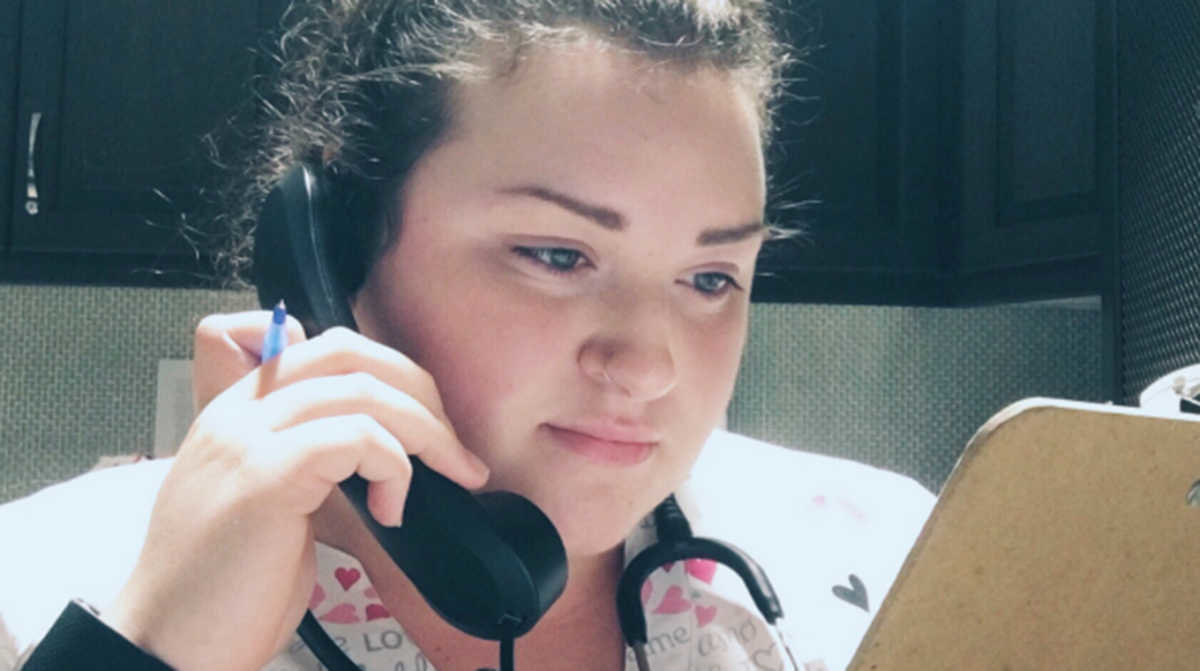
If it's impossible to get in to see the doctor, talk with a nurse about the child’s symptoms. Many are able to diagnose and offer treatment protocols. They will also be able to flag when symptoms and conditions are serious enough to require a doctor’s appointment, or even a trip to the emergency room.
Perfect Parents Don't Exist
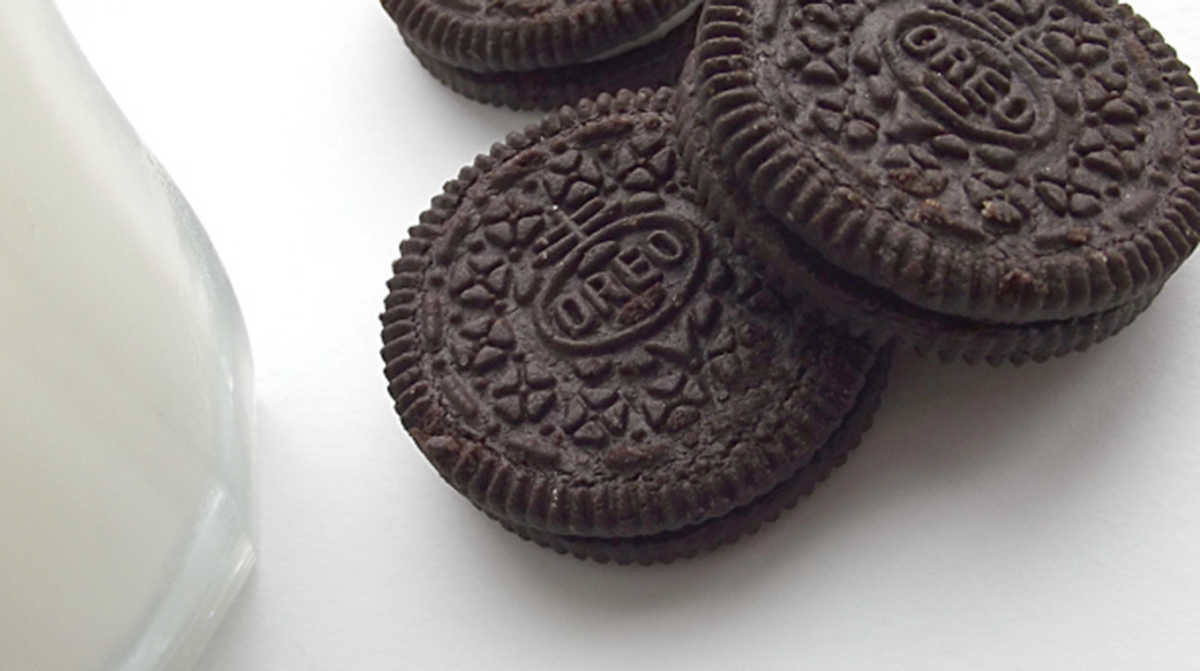
Pediatricians want us to know that there’s no such thing as perfect parents — including themselves! Sometimes, they don’t even follow their own advice about sleep, healthy eating, screentime, or potty training. They just try their best, which is what they want us to do, too.
Pay Attention
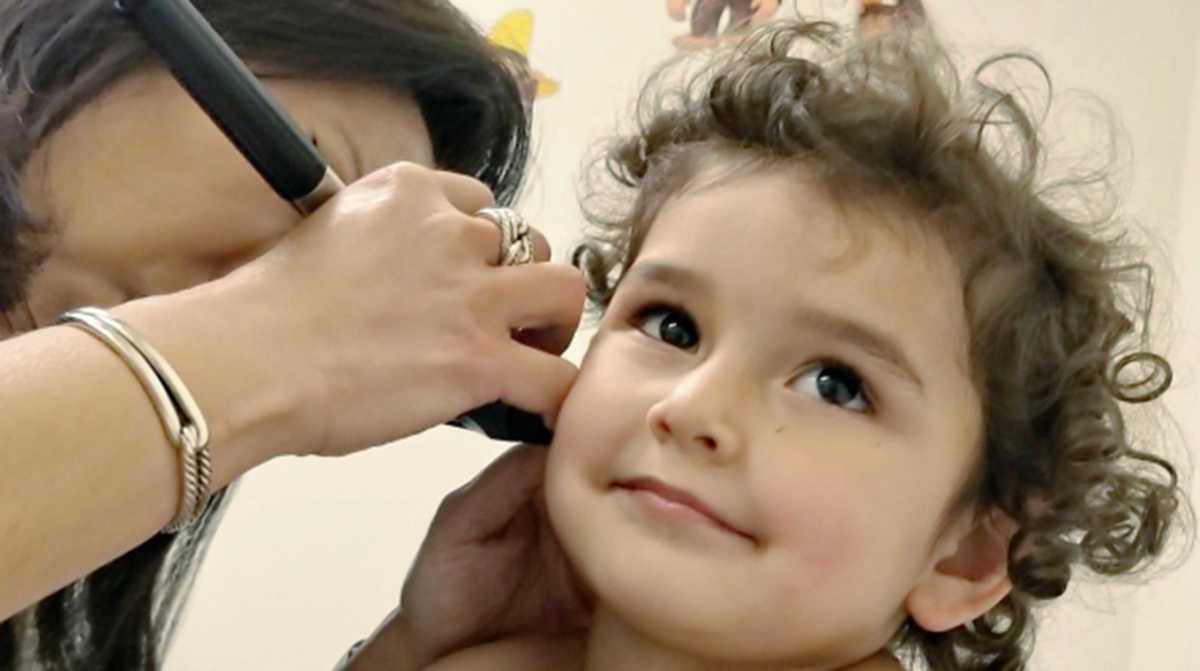
When doctors are in the room examining a child, they’re also conveying information to parents. Pediatricians want us to know that they need our attention, even when they’re not speaking directly to us. Which is why they’d like us to stay off the phone during appointments. This also avoids the need for them to repeat what they just said.
Remember To Clean Doorknobs

It makes sense: the dirtiest parts of our homes are the ones we touch a lot and forget to clean the most. Doorknobs, toilet handles, screen devices, and light switches tend to be pretty darn filthy — remember to clean them when cleaning the rest of the house.
Reading To & With Kids Positively Impacts Their Brains
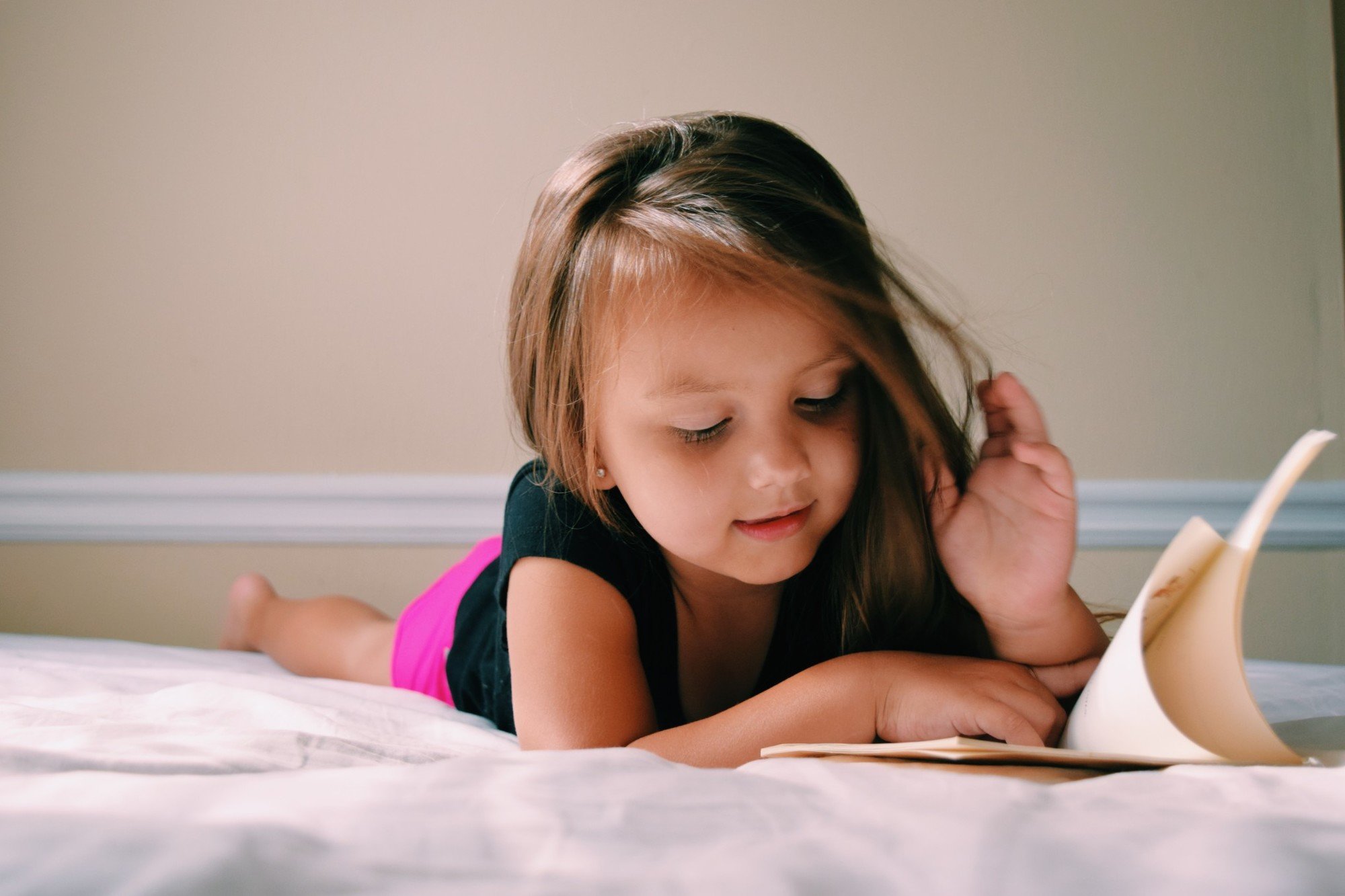
It's true — one of the best things we can do for our kids is reading to them when they're little, and reading with them when they're older. It isn't just a great bonding activity, it helps with cognitive stimulation, too — so they can grow up to be smarter than we are. And isn't that the point?



